A piano is a musical instrument that produces sound by striking strings with hammers when keys are pressed. It is a keyboard instrument, which means that it is played by pressing keys that are arranged in a linear fashion, similar to a typewriter. The piano is played by striking the strings inside the piano with hammers, which creates sound. The piano is widely used in various genres of music, including classical, jazz, and popular music, and it is widely considered to be one of the most versatile and expressive instruments in the world.
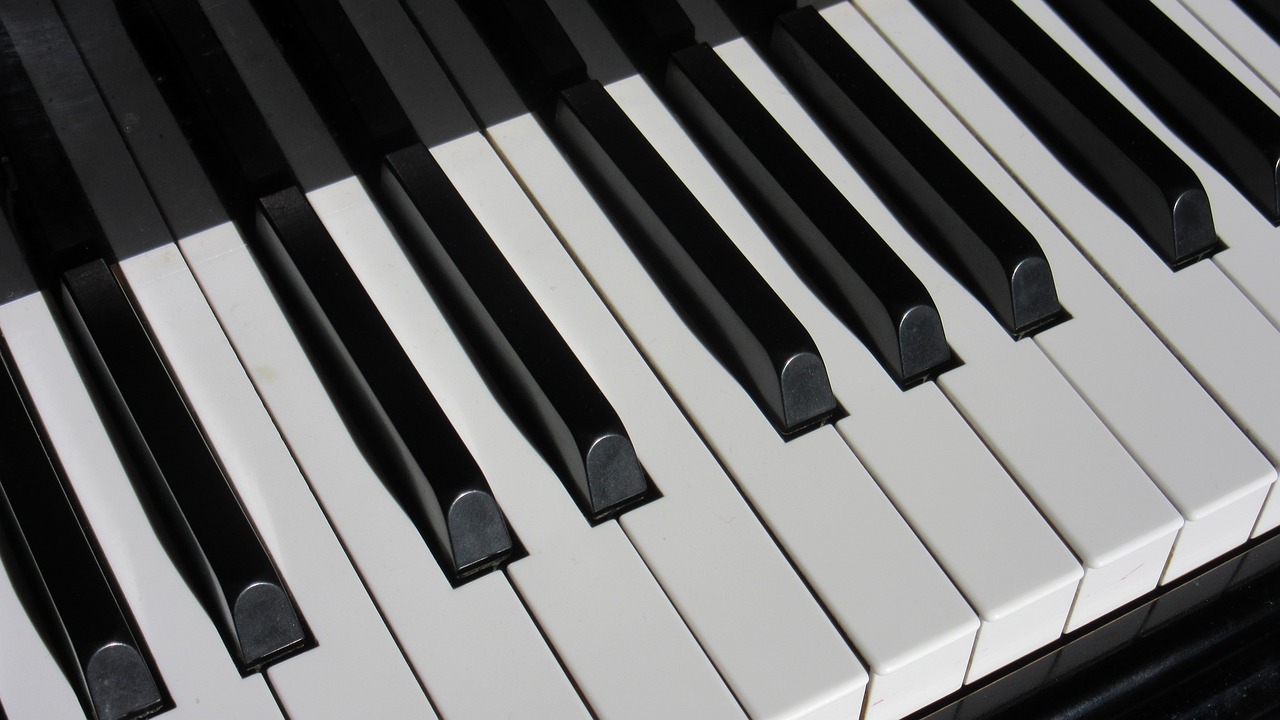
A piano is a musical instrument that has been around for centuries and is one of the most commonly played instruments in the world. One of the defining features of a piano is the number of keys it has. The number of keys on a piano can vary, but the standard number of keys on a full-size piano is 88.
A full-size piano typically has 52 white keys and 36 black keys. The white keys are used to play the natural notes, such as C, D, E, F, G, A, and B. The black keys, on the other hand, are used to play the sharps and flats, which are the notes in between the natural notes. The black keys are arranged in groups of two and three, and are used to play the notes that are a half-step or a whole-step away from the natural notes, respectively.
Types of pianos
The number of keys on a piano can vary, however. Some pianos have fewer keys, such as a spinet piano or a baby grand piano. These pianos are smaller in size, and the number of keys has been reduced in order to make them more compact and easier to transport. Here is a list of types of pianos and their keys.
- Grand Piano: A grand piano is a large, long-shaped piano that is played horizontally and is typically used in concert settings and recording studios. A grand piano has 88 keys.
- Upright Piano: An upright piano is a vertical piano that is more compact and is typically used in homes and small spaces. An upright piano also has 88 keys.
- Digital Piano: A digital piano is an electronic instrument that uses digital technology to imitate the sound of an acoustic piano. They are often portable and have various sound and rhythm options. Digital pianos can vary from 49 to 88 keys.
- Player Piano: A player piano is a mechanical piano that can play music automatically by using perforated paper rolls. A player piano usually has 88 keys.
- Baby Grand Piano: A baby grand piano is a smaller version of a grand piano, typically 5-6 feet in length, and is used in homes and small spaces. It usually has 75 keys.
- Spinet Piano: A spinet piano is a compact upright piano, typically less than 4 feet in height, and is often used in small spaces. A spinet piano has 85 keys.
- Synthesizer: A synthesizer is an electronic instrument that generates sound using various sound-producing technologies and can imitate a variety of instruments, including a piano. A synthesizer can vary from 25 to 88 keys.
Each type of piano has its own unique features and is used for different purposes, such as in performances, recording studios, or personal use. The type of piano you choose will depend on your needs and preferences, such as the type of music you want to play, the size of your space, and your budget.
Types of piano keys
Piano keys can be classified based on their weight, including:
- Non-weighted Keys: Non-weighted keys have a consistent, light touch and are typically found on basic electronic keyboards and synthesizers.
- Semi-weighted Keys: Semi-weighted keys have a slight resistance, similar to an acoustic piano, and are typically found in entry-level digital pianos.
- Weighted Keys: Weighted keys have a heavy touch, similar to an acoustic piano, and are typically found in high-end digital pianos and stage pianos.
- Graded Hammer Action Keys: Graded hammer action keys have a heavier touch on the lower keys and a lighter touch on the higher keys, simulating the feel of an acoustic piano. This feature is often found in high-end digital pianos and is designed to provide a more realistic playing experience.
The type of key weighting you choose will depend on your personal preferences and the type of music you want to play. Non-weighted keys are ideal for basic keyboard playing and are more suitable for beginners, while weighted and graded keys are better suited for advanced players and those looking for a more realistic playing experience.
To sum up…
The number of keys on a piano can vary based on the type of piano. For example, an upright piano typically has 88 keys, while a baby grand piano typically has the same number of keys. However, baby grand pianos and grand pianos are typically larger and more expensive than upright pianos, and they are often used by professional musicians in concerts and recording studios.
There are also specialized pianos, such as digital pianos and synthesizers, which can have a different number of keys. Digital pianos, for example, often have either 49, 61, 75 or 88 keys, and they are designed to mimic the sound and feel of an acoustic piano. Synthesizers, on the other hand, can have a varying number of keys, depending on the type of synthesizer and the type of sound it is designed to produce.
In conclusion, the standard number of keys on a full-size piano is 88, with 52 white keys and 36 black keys. Whether you are a beginner or a professional musician, it is important to consider the number of keys on a piano when selecting an instrument, as the number of keys can greatly impact the playability and versatility of the piano.
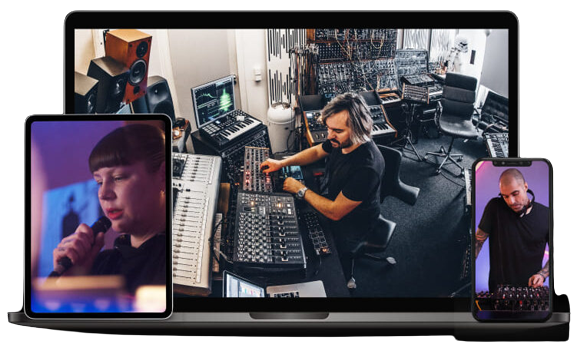
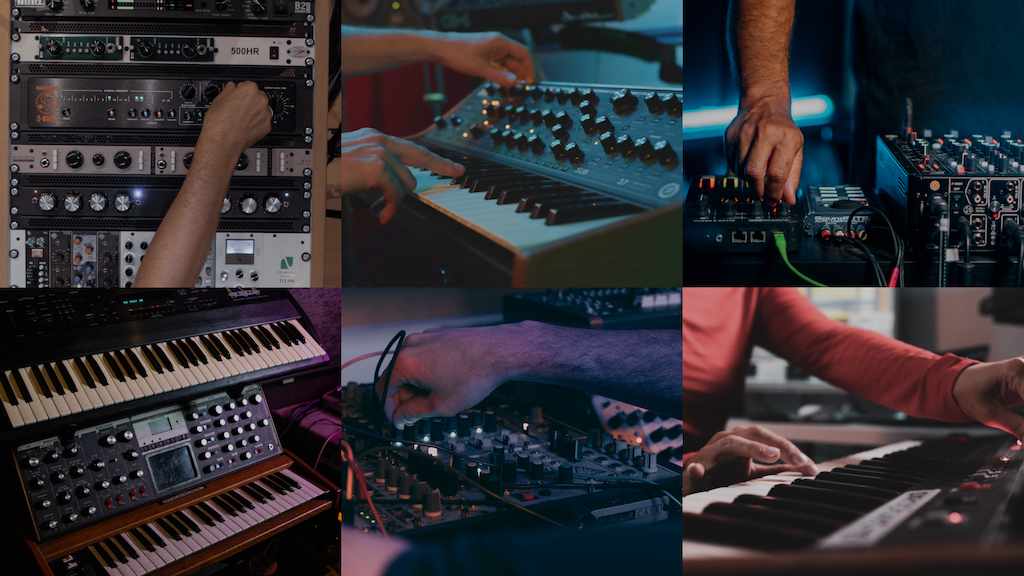
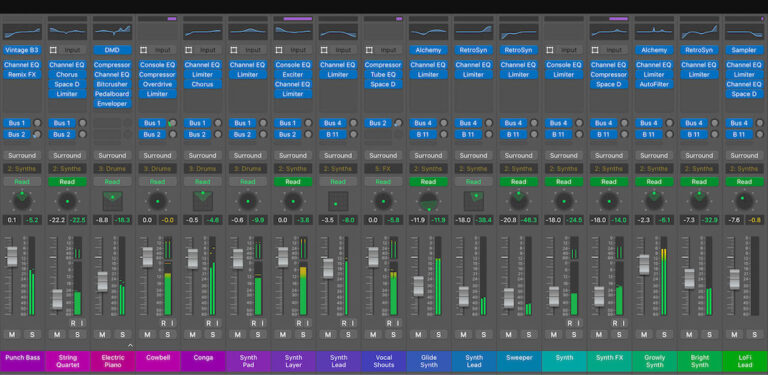
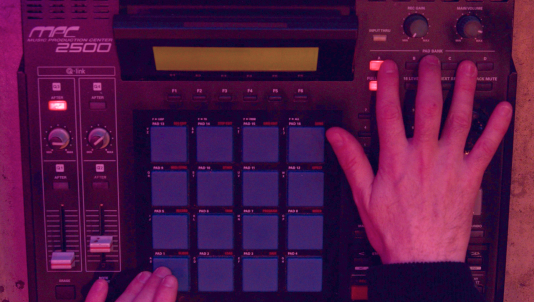

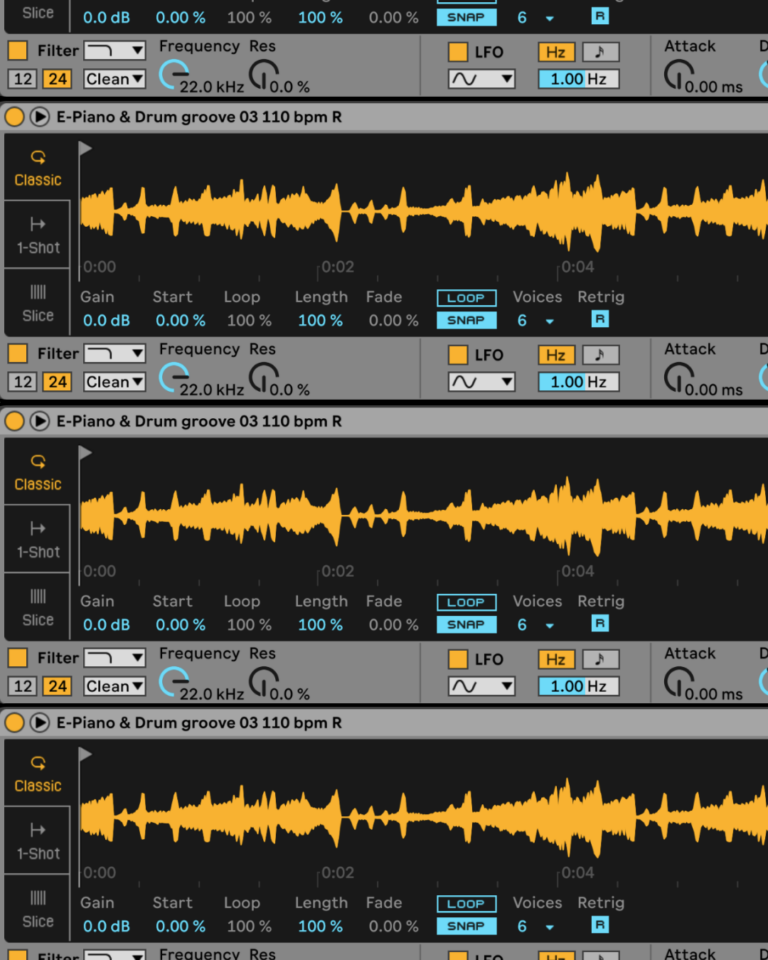
 50 Industry Music Production Tips You Must Know
50 Industry Music Production Tips You Must Know




